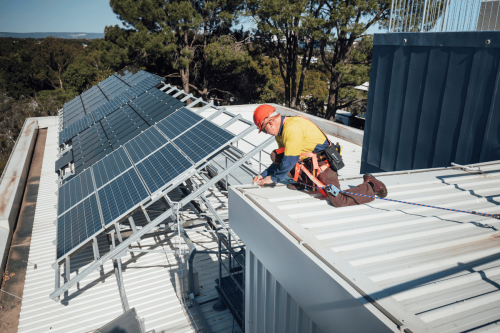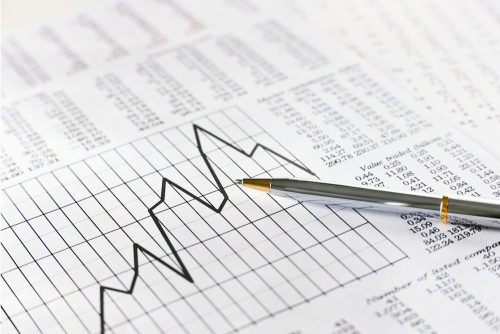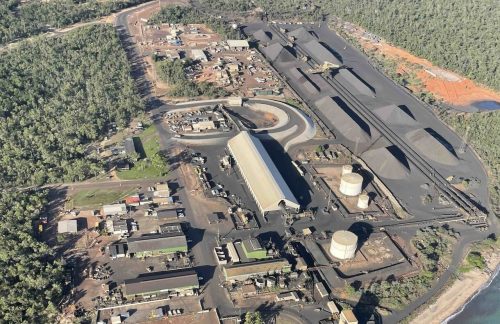The manufacturing sector in Australia hasn’t experienced a difficult period yet. According to the ABS, it directly employs almost a million people, proving that it remains a high productivity sector despite the outward view of some that it is unviable and unimportant in Australia. Energy represents a major cost to manufacturers, with some sectors allocating up to 60% cost to energy! In short, Australian manufacturing needs to take advantage of the abundant renewable energy resources to reduce this bill to make it more competitive.
Manufacturers can reduce their levelized cost of electricity by up to 25-30%, simply by investing in renewables, such as solar, alone. This increases when you start factoring in batteries, backed up by biodiesel generators, to cut out the risk of black outs and brown outs that cause production stoppages resulting in higher outputs. By using an energy management company and market operator to monetise your renewable assets, this can see the levelized cost of energy reduce by up to 60% – a significant impact on most P&L’s.
Whilst the above is great, it doesn’t have to stop there. By investing in renewables, companies can start to eliminate gas equipment which is both expensive, and fossil fuel intensive, in favour of electric equivalents which, in the recent past, didn’t make financial sense given the cost of electricity. It’s a win-win for manufacturing and the environment.
With regards to the environment, there is growing support towards a circular economy which consumers are demanding change in favour of a reduced environmental impact. These consumers are willing to pay a little more for products that have little to no carbon impact throughout the supply chain. This is forcing manufacturers to move to suppliers or other manufactures that subscribe to a net-zero circular economy.
A heavy reliance of transport in the supply chain is where a lot of greenhouse gasses are emitted, and whilst it is here to stay for the short term, there are several innovative companies starting to design and manufacture electric and hydrogen trucks. Not only would this reduce emissions and keep an entire logistics industry alive, with the sheer volume of resources available it could reduce the cost of road transport altogether. The trucks would be refuelled by renewable assets on site initially and in the case of long haul, stations along the way where, batteries are simply swapped out or refilled by hydrogen created using solar.
As investment to reduce energy costs scales up the competitiveness of Australian manufacturing will increase too, not only increasing opportunity to current and new export markets but also driving local sales by being able to supply green products to an ever-wary Australian consumer. Businesses who choose not to invest are likely to be left behind!


